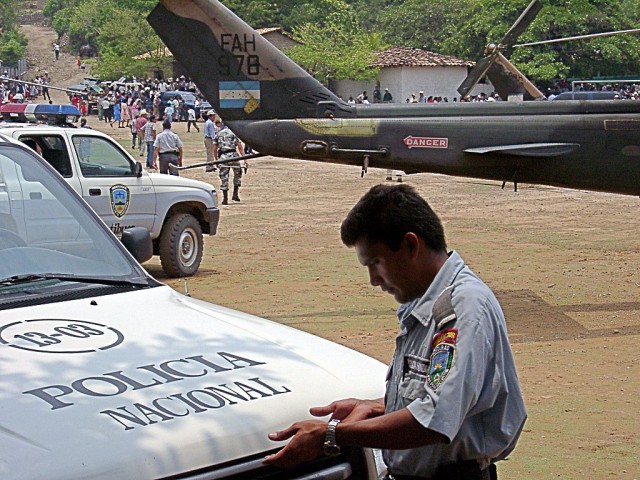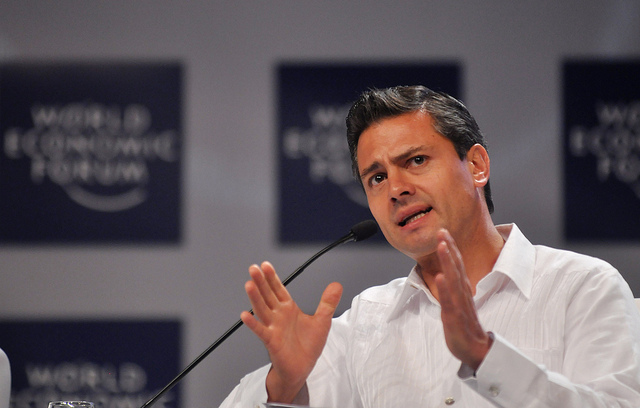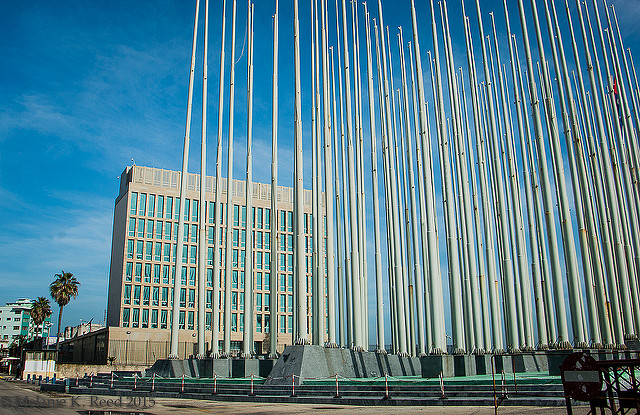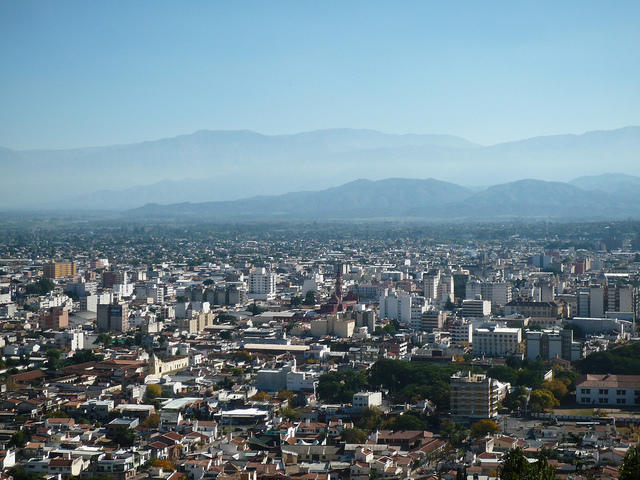
Latin America: Week in Review, United States
Immigration Policy Tweaked: 300,000 Deportation Cases Under Review
August 19, 2011 By Roque Planas
Today in Latin America
Top Story— The Obama administration said Thursday that undocumented students and other low-priority immigration offenders will not be targeted for deportation under enforcement programs. Instead, authorities will focus on removing from the U.S. convicted criminals and those who might be a national security or public safety threat. Homeland Security Secretary Janet Napolitano said that a case-by-case review of approximately 300,000 undocumented immigrants facing the possibility of deportation in federal immigration courts will be needed to determine who will stay in the U.S. and who will be deported. “From a law enforcement and public safety perspective, [Department of Homeland Security] enforcement resources must continue to be focused on our highest priorities,” Napolitano wrote of the new legislation. “Doing otherwise hinders our public safety mission – clogging immigration court dockets and diverting DHS enforcement resources away from the individuals who pose a threat to public safety.” Republicans have complained that the government’s new policy circumvents Congress.
Read More From The Huffington Post.
Headlines from the Western Hemisphere
North America
- In an effort to fight transnational drug cartels, the U.S. State Department said that it plans to train local and state police officers from Mexico as part of the next phase of the two countries’ joint operations.
- Mexico won its first game in this year’s Little League World Series, beating Taiwan 3-0.
Caribbean
- NPR documents Cuba’s television culture.
- A shark estimated at six feet long bit a U.S. tourist earlier this week while she swam in the bioluminescent Mosquito Bay in Vieques, doctors said Thursday.
- Jamaica’s $18.2 billion debt — 132 percent of GDP — is taking a heavy toll on schools and hospitals, Bloomberg reports.
Central America
- A plan to build a $776 million superhighway in Panama is threatening the capital’s historic Casco Vieo neighborhood.
- The first-ever World Summit of African Descendants began yesterday in Honduras with at least of three Central American heads of state and representatives from more than 70 countries in attendance.
- Venezuela plans to import more than 4,400 tons of coffee from Nicaragua, claiming that the domestic production does meet the country’s demand.
Andes
- The head of Peru’s anti-drugs program said that there would be an indefinite pause in coca eradication efforts northeast of Lima to evaluate the program and correct mistakes, an announcement which has drawn concern from the U.S. Ambassador to Peru.
- Bolivia’s state oil and gas company has signed a deal with Petrovietnam in an effort to increase foreign investment in the country’s natural gas reserves.
- 45 people in Ecuador have died and another 161 poisoned by methanol in home-brewed alcohol since mid-July.
- The family of Stephany Flores, who was allegedly murdered by suspect Joran van der Sloot in 2010, has raised concerns that Van der Sloot may be released from jail in Peru if a trial doesn’t begin within 18 months of his arrest.
- The legal wife of former Venezuelan President Carlos Andrés Pérez has negotiated a deal with the family of his Miami-based girlfriend to bury the ex-president in Caracas.
Southern Cone
- Brazilian Minister of Agriculture Wagner Rossi became the fourth Brazilian ministry official in three months to resign in a series of corruption scandals that have plagued Brazilian President Dilma Rousseff’s government.
- The famous Cafe Richmond in Buenos Aires, once the haunt of Jorge Luis Borges, has since been occupied by former waiters who claim they are still awaiting their wages after the cafe was unceremoniously closed to be rented out as a Nike store.
- Jose Henríquez, a minister and one of the 33 formerly trapped Chilean miners, is making appearances before congregations all over the world to talk about his ordeal.
- Although Uruguayan cattle outnumber the country’s population 3:1, the country’s beef industry is facing its lowest supply of cattle in a decade despite record prices for Uruguayan beef.
Image: The National Guard @ Flickr.
Subscribe to Today in Latin America by Email
Next Article >





